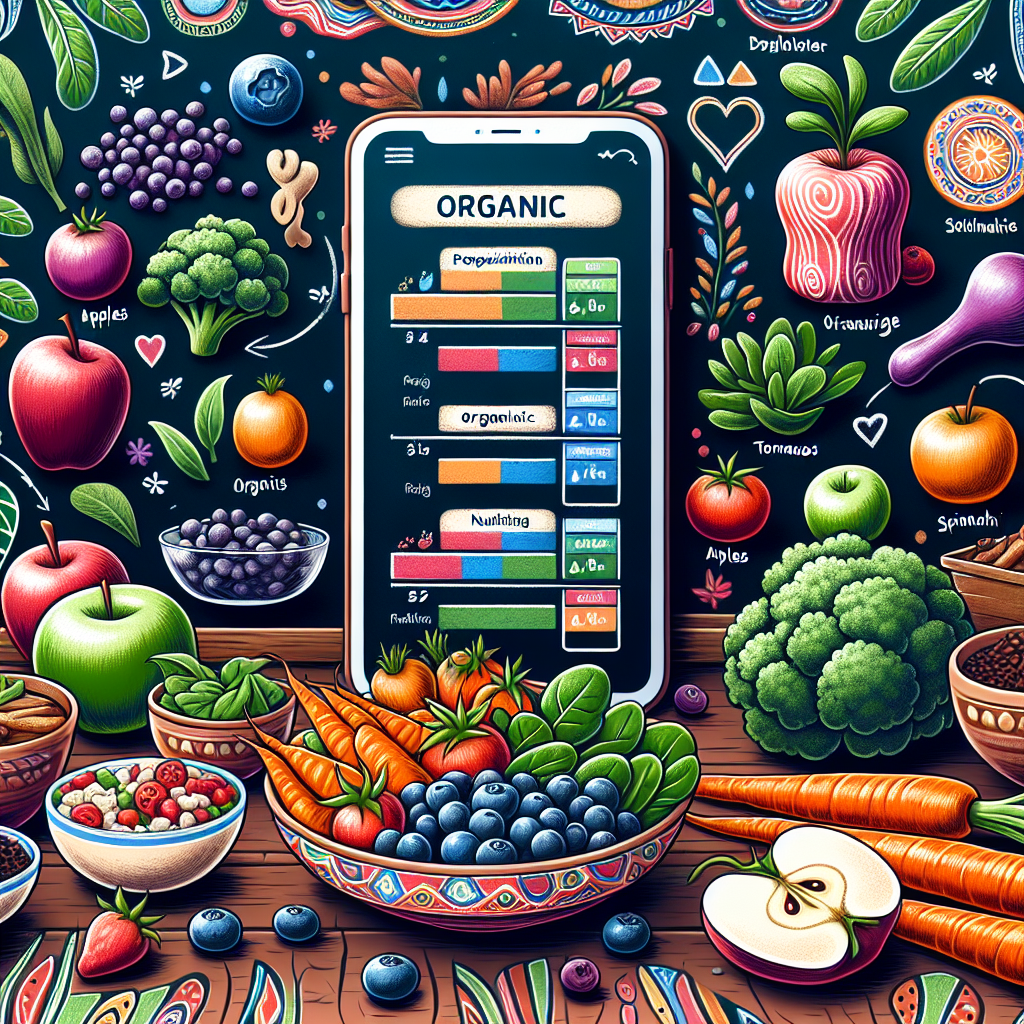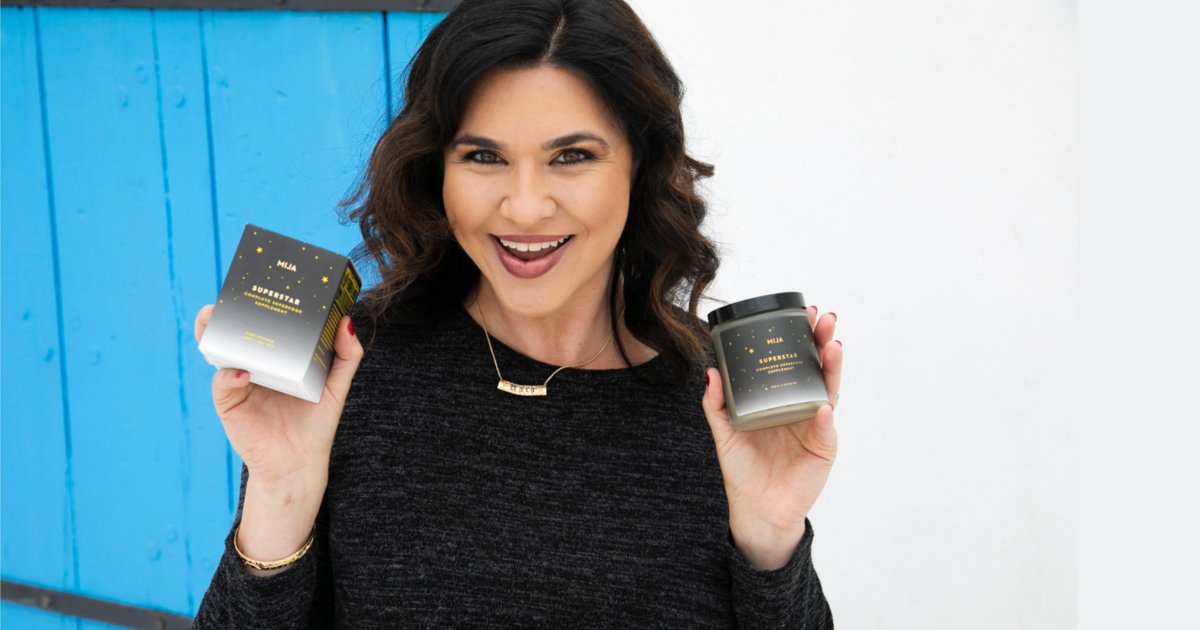As we age, our bodies undergo various changes, and so do our nutritional needs. It’s important for seniors to maintain a balanced diet to ensure they receive all the necessary nutrients required for their health and wellbeing. This comprehensive guide aims to shed light on the importance of healthy eating for seniors and provide some practical tips on how to achieve it.
The Importance of Healthy Eating
Eating a balanced diet is crucial at any age, but it becomes even more significant as we get older. A well-balanced diet can help manage chronic diseases, improve mental acuteness, boost energy levels, and enhance the immune system. Moreover, good nutrition can aid in maintaining a healthy weight and reduce the risk of heart disease, stroke, high blood pressure, type-2 diabetes, bone loss, and certain types of cancer.
Key Nutrients for Seniors
Certain nutrients become particularly important as we age. These include:
1. Protein: To prevent muscle loss that comes with aging.
2. Fiber: To aid digestion and prevent constipation.
3. Calcium & Vitamin D: For bone health.
4. Vitamin B12: Many older adults do not get enough B12.
5. Healthy Fats: To support heart health.
Creating Balanced Meals
A balanced meal includes foods from all food groups – fruits, vegetables, lean proteins (like poultry or fish), whole grains (like brown rice or whole wheat bread), and low-fat dairy products.
1. Fruits & Vegetables: Aim for a variety of colors to ensure you’re getting different nutrients.
2. Protein: Choose lean meats like chicken or turkey over red meats which are high in saturated fats.
3. Whole Grains: Opt for whole grain bread or pasta over refined grains.
4. Dairy Products: Choose low-fat or nonfat dairy products to keep your calorie intake in check.
Hydration
Staying hydrated is equally important as eating right for maintaining health in older age. Seniors are often prone to dehydration due to a decreased sense of thirst. Aim for 6-8 glasses of water per day, more if the weather is hot or if you’re physically active.
Physical Activity
While not directly related to eating, physical activity plays a crucial role in maintaining a healthy weight and overall health. Aim for at least 150 minutes of moderate-intensity exercise each week.
Portion Control
As we age, our metabolism slows down, meaning we need fewer calories. Be mindful of portion sizes to avoid overeating and gaining weight.
Consulting a Healthcare Provider
Before making any significant changes to your diet or exercise regimen, it’s important to consult with a healthcare provider. They can provide personalized advice based on your current health status and medical history.
In conclusion, healthy eating for seniors involves a balanced diet rich in key nutrients, staying hydrated, regular physical activity, and portion control. Remember that it’s never too late to make positive changes in your dietary habits for the sake of your health.












